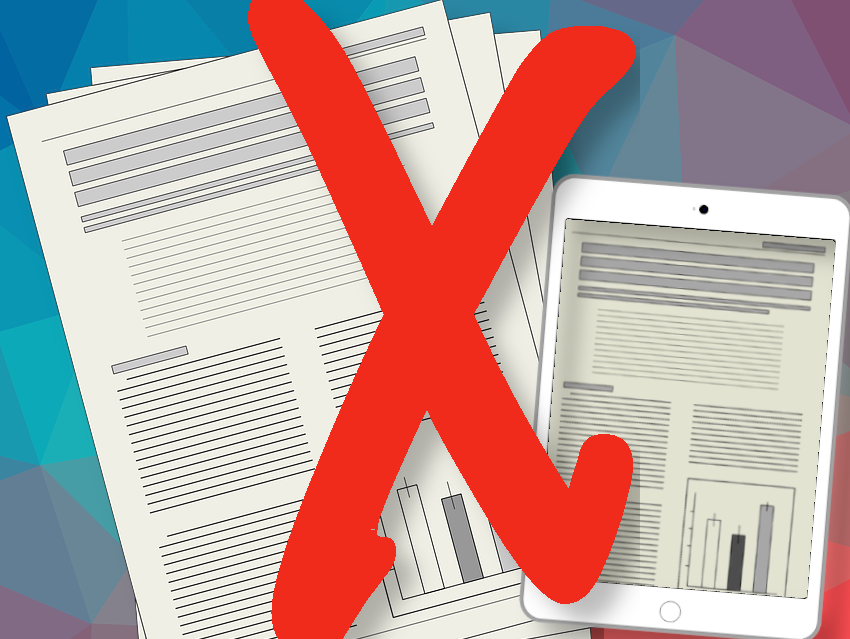Individual sections of scientific publications, such as introductions, consistently follow the same narrative structure. AI tools like ChatGPT are capable of generating such texts. So, Michael Bojdys, Humboldt-Universität Berlin, Germany, asks: why do we persist in creating, publishing, and reviewing such narratives? And who actually reads all these texts?
Scientists publish to provide tangible evidence of their expertise, a crucial step for securing funding. However, the volume of content being produced surpasses what can be reasonably read. The advent of AI might further increase this output. Consequently, the current publication practice in the scientific community seems outdated and no longer serves as a criterion for scientific quality.
Michael Bojdys proposes detaching academic publications from citation metrics and transforming them into dynamic, self-correcting, and evolving datasets. This shift involves moving away from repetitive narratives and static formats like prints and PDFs. The academic workflow could resemble that of wikis, involving the deposition of FAIR research data (Findability, Accessibility, Interoperability, Reuse) and its contextualization, correction, and growth online. Initiatives like NFDI4Chem and the European Open Science Cloud, which aim to establish an open and FAIR infrastructure for research data management, are setting influential trends, according to the author.
The author thinks that the new tools offer and will continue to offer expanded opportunities for achieving a more reliable, better reproducible, and more excellent pursuit of science. However, this perspective challenges the current framework. Such institutional transformation should be tied to research funding. Ministries of Science and Education should incorporate FAIR data deposition requirements and enforce corresponding regulations.
- Publizieren und KI: Vom Niedergang der akademischen Groschenromane,
Michael Bojdys,
Nachr. Chem. 2023.
https://doi.org/10.1002/nadc.20234137105
Also of Interest

A. Förster and S. Espinoza, DECHEMA, discuss the goals and benefits of NFDI4Cat and the transformative impact of FAIR data sharing on catalysis research

An expanding compilation of articles concerning the intersection of artificial intelligence and chemistry

Discussing science communication, AI in chemistry, publication ethics, and the purpose of life with an AI




